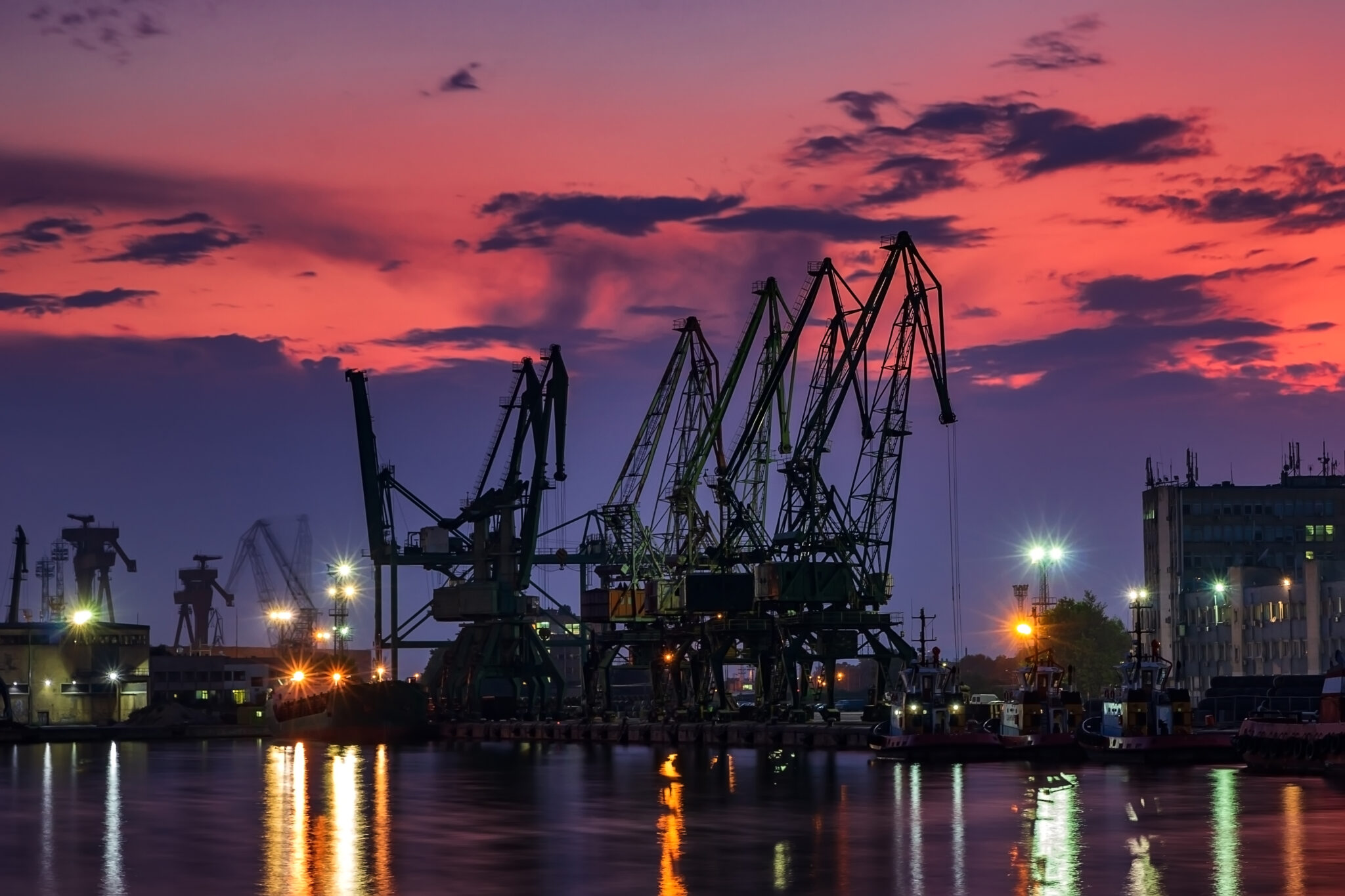IHCantabria successfully completes implementation of the HERACLITO project

This project has provided a tool that improves the capacity of ports to adapt to climate risks, ensuring the continuity of their services and preparing infrastructures to face the challenges of climate change.
The Institute of Environmental Hydraulics of the University of Cantabria(IHCantabria) has successfully completed the project “Climate Tool for Pre-Diagnosis and Adaptation of Ports” (HERACLITO, PDC2021-121304-I00), led by Javier López Lara, professor at the University of Cantabria and head of the Climate Risks, Adaptation and Resilience Group.
The HERACLITO project began in December 2021 and concluded in August 2024, more than meeting its objectives and achieving innovative results for the adaptation of port infrastructures to the effects of climate change.
A pioneering tool for port climate risk management
The main result of the project is the development of a software called HERACLITO, which will allow port managers to perform a preliminary analysis of present and future climate risks in their facilities.
This pre-diagnostic tool will identify the ports with the highest risk, both in the present and in future projections, facilitating the implementation of specific adaptation measures to reduce the risks associated with climate change.
Although HERACLITO was initially designed for small nautical-fishing ports, its versatility and modular approach have allowed it to be adapted for use in larger commercial ports, both nationally and internationally.
This development significantly broadens its applicability and usefulness, marking a milestone in port management at a global level.
The HERACLITO project has not only met its original objective of reaching a TRL-6 technological maturity level (ready for the pre-commercial market), but has exceeded these expectations by reaching a TRL-9, as it has been transferred to the productive sector, through private contracts with entities working in the port sector.
Based on the advances of the BRACC project and funded by the Ministry of Science and Innovation, the State Research Agency and European funds, HERACLITO is aligned with the Sustainable Development Goals (SDGs), especially SDG 9, which drives resilient and sustainable infrastructures.
This tool improves the capacity of ports to adapt to climate risks, ensuring the continuity of their services and preparing infrastructures to face the challenges of climate change, thus contributing to safer and more sustainable port development.
With the incorporation of this tool into port decision-making systems, HERACLITO is expected to drive the creation of innovative solutions that contribute to a safer and more sustainable future for port infrastructures.
Scientific basis and financing of this project
HERACLITO is based on the scientific advances of the BRACC project (BIA2017-87213-R), focused on risk assessment and adaptation to climate change in local and regional scale ports.
This project, like HERACLITO, has been funded by the Ministry of Science and Innovation, the State Research Agency and the European Next Generation EU funds, within the 2021 Call for Proof of Concept Projects.
Positive impact on society and the environment
The completion of the HERACLITO project marks a turning point in the ports’ capacity to adapt to climate risks.
This tool not only improves port management, but also contributes to guaranteeing the continuity and safety of the services that ports provide to society.
HERACLITO lays the foundations for a more resilient port development model, prepared to face the challenges of a constantly changing climate.

Project PDC2021-121304-I00 funded by:
MICIU/AEI/10.13039/501100011033 and by the European Union NextGenerationEU/ PRTR



